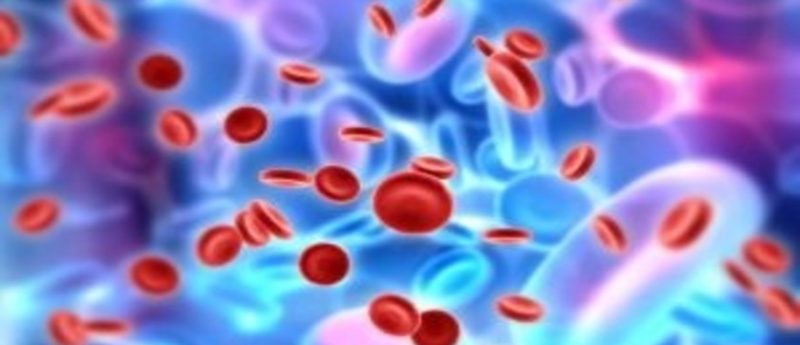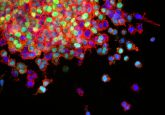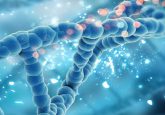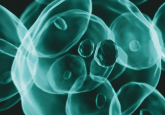Blood cancer mutations linked to aging

New research from Washington University School of Medicine in St Louis (MO, USA) has demonstrated that at least 2% of individuals over the age of 40 years and 5% of individuals over 70 years possess mutations in their blood cells linked to leukemia and lymphoma.
Published last week in Nature Medicine, the study reports that in some individuals, random accumulation of mutations that occur as part of the aging process can result in changes to genes that are involved in initiating leukemia and lymphoma, even though they do not have these cancers.
The findings, based on blood samples from nearly 3000 patients enrolled in The Cancer Genome Atlas project, indicate that a significant proportion of elderly individuals possess these mutations, despite the incidence of blood cancers such as leukemia or lymphoma being less than 0.1% among this age group.
Although patients within the study had been diagnosed with cancer, they were not known to have leukemia, lymphoma or any other blood diseases. Ranging in age from 10–90 years, all patients had donated blood and tumor samples prior to commencing cancer treatment, indicating that any mutations identified by the researchers were unrelated to chemotherapy or radiation therapy.
The researchers concentrated on mutations that were present in the blood but not in tumor samples from the same patients, looking closely at 556 known cancer genes. In 341 patients aged 40–49, less than 1% exhibited mutations in 19 studied leukemia- or lymphoma-related genes. In contrast, 5% of 475 patients aged 70–79 and over 6% of 132 80–89 year olds had mutations in these genes. Of the 19 genes studied, nine were mutated repeatedly, indicating that these changes may drive or initiate the expansion of blood cells with these mutations.
Importantly, the current study is likely to have underestimated the percentage of individuals with mutations in these leukemia and lymphoma genes as the researchers were only able to identify small mutations, not large structural variations or insertions and deletions.
“The power of this study lies in the large number of people we screened. We don’t yet know whether having one of these mutations causes a higher than normal risk of developing blood cancers. More research would be required to better understand that risk,” commented senior author Li Ding of The Genome Institute at Washington University.
The evidence presented by Ding and his team highlights the potential for the introduction of genetic screening for these diseases in the future. Importantly however, long-term detailed studies that will require more time and money are needed to truly identify the risk of these mutations for the development of leukemia and lymphoma.
Sources: Xie M, Lu C, Wang J et al. Age-related cancer mutations associated with clonal hematopoietic expansion. Nature Medicine doi: 10.1038/nm.3733 (2014) (Epub ahead of print); Washington University in St Louis press release





